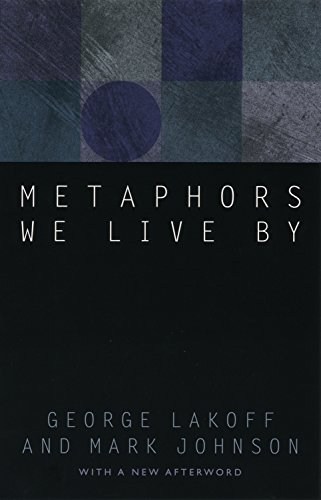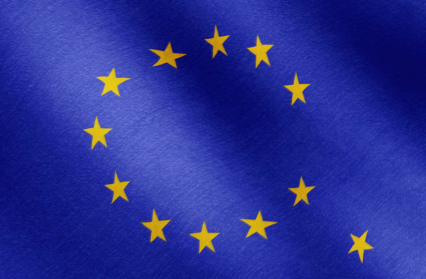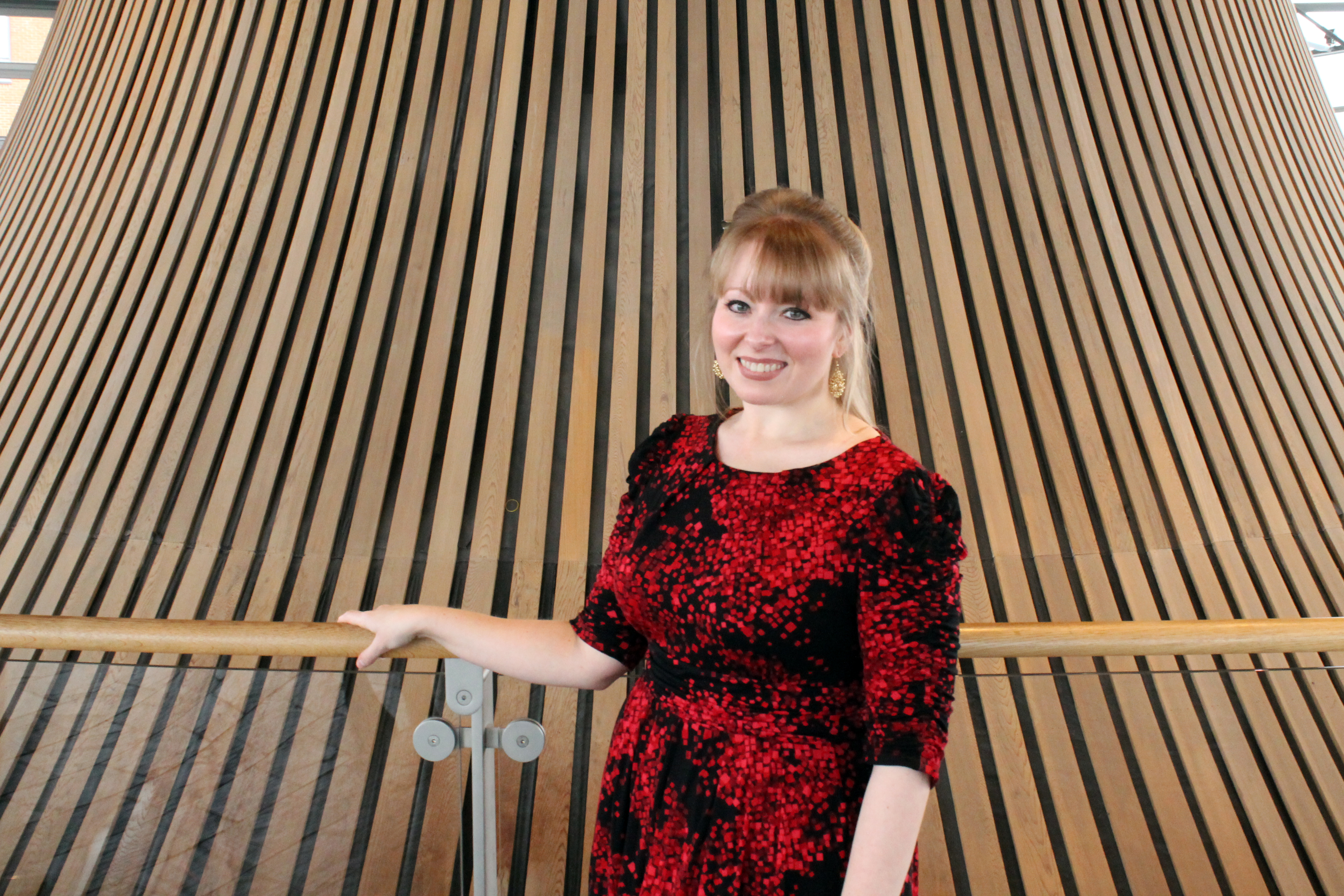Delyth Jewell AM, the culture spokesperson for Plaid Cymru, makes an impassioned argument for Wales’ place in the cultural communities of Europe.
Leaving the EU is bad news for arts and culture in Wales. We know this. We know that, at the moment, Wales receives EU funding for our creative industries, and our arts, cultural and heritage organisations. She currently benefits from cultural and academic work experience programmes such as Creative Europe, Horizon 2020, Erasmus+ and the European Regional Development Fund.
Moreover, we know that direct and indirect support for the Welsh language could be lost once we leave the EU and that the proposals by the Welsh Government for replacing this support do not prioritise the need to maintain and grow the numbers of Welsh speakers. We know that our post-industrial communities in west Wales, where Welsh is widely spoken, have benefitted from EU Structural Funds – much like the valleys, where I’m from. If these funds are not replaced then it will surely have a negative impact on the number of Welsh speakers.
We know that leaving the EU will reduce opportunities for Wales to raise its profile on the international stage in film, TV and creative industries, further isolating Wales and limiting our global reach. It will make Wales less visible in the world at the precise time when we need to be raising awareness of Welsh language and culture more than ever.
However, I’d like to look at this from the opposite perspective – that is, the way in which a lack of investment and attention given to the arts has led, in part, to Brexit. In particular, I’d like to consider the declining numbers of secondary school pupils in Wales studying modern languages. We’ve seen a 29% fall in language GCSE entries in Wales in five years – a steeper fall than the rest of the UK. Research carried out by the British Council found that around a third of schools surveyed believe that Brexit is having a negative impact on parental and pupil attitudes towards modern foreign languages.
In its fourth Language Trends Wales report, the British Council Wales found that Welsh school children continue to turn their backs on international languages noting that 37% of schools say that Brexit is having a negative effect on attitudes towards studying modern foreign languages and that there has been continued falls in the number of entries for German, Spanish and French at A-level. That decline will have an inevitable impact on levels of empathy and openness to understanding other cultures. Because when we learn languages, we don’t just learn the words – we learn to empathise, to see through the eyes of others by getting a direct outlook into how that culture views the world around them.
 George Lakoff and Mark Johnson have written a book about this phenomenon, called Metaphors We Live By. They draw attention to how metaphors are built deep into the structures of how we phrase everyday things. My favourite example that I can remember is that in Italian, the way of saying sunset is “Tramonto”. It means literally “between the mountains” – because Italy has, for the most part, a very mountainous terrain. People describe it exactly as they see it.
George Lakoff and Mark Johnson have written a book about this phenomenon, called Metaphors We Live By. They draw attention to how metaphors are built deep into the structures of how we phrase everyday things. My favourite example that I can remember is that in Italian, the way of saying sunset is “Tramonto”. It means literally “between the mountains” – because Italy has, for the most part, a very mountainous terrain. People describe it exactly as they see it.
Languages are windows onto this world. If we shutter them in, we close out all light. I read Lakoff first when I was in university. When my sister was in university, she studied French and Italian, and had the immense privilege of living abroad for a year. I’ve always been envious of that. She made friends for life who spoke not one, not two, but three or sometimes four languages at home, every day.
There is, in direct contrast to this, a real concern that a decline in language teaching will have truly negative impacts on social cohesion. Professor Claire Gorrara of Cardiff University’s School of Modern Languages has said she believes there has been an increase in “linguaphobia” as a result of Brexit describing a perception that “if you’re not an English and you speak other languages, that somehow you’re not a fully-fledged part of the community.”
Stories of our fellow citizens being verbally harassed or abused for speaking other languages in public have become almost commonplace.
There is a strong argument to be made that the lack of funding and investment in art, culture and the teaching of modern world languages in Wales – thereby making it inaccessible to the majority of the population, could have contributed towards a sense of isolationism, a lack of understanding of other cultures and languages and fertile ground for the growth of right-wing ideology, xenophobia, intolerance and racism. In this context, it is vital we promote Wales as an outward, progressive multicultural and multilingual nation. Wales must still be seen as an important and unique member of the European family with a cultural contribution to make to Europe and the rest of the world. Every one of us has a part to play in a movement that would strengthen arts and culture in Wales, making it accessible to all, reaching out beyond to other countries and cultures, and withstanding the reactionary right-wing politics that threatens the cultures, languages and heritage we have in Wales.
I truly believe it is imperative that Wales stays an active participant of European funding schemes and networks like Literature across Frontiers, Creative Europe, Horizons 2020 and Erasmus – whatever our future relationship with the EU looks like.
Brexit will create the biggest financial shock in our lifetimes to arts and heritage. To compound that financial impact upon people working in our creative industries, our young people and children will face another, more fundamental shock: that they will not grow up with the same opportunities available to them. That should shock our very soul as a nation.
Delyth Jewell AM is the culture spokesperson for Plaid Cymru.












